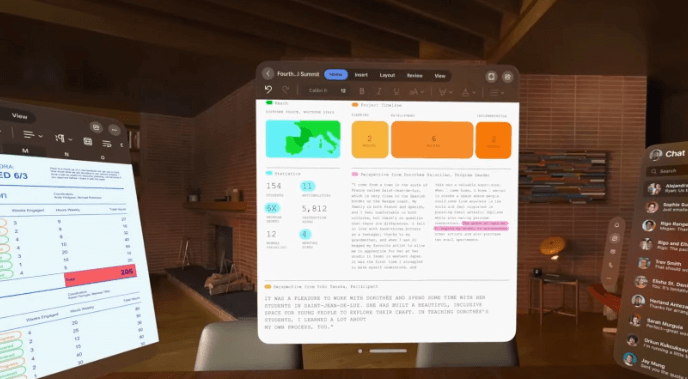Sues Win Trademarks for Augmentedreality Software

The recent trademark victories achieved by Sues in the realm of augmented reality software highlight the increasingly pivotal role of intellectual property in shaping the technology landscape. These achievements not only safeguard innovative processes but also establish a strategic advantage in a competitive market. As Sues reinforces its position through robust IP frameworks, Sues Win Trademarks for Augmentedreality Softwarethe implications for future AR development are profound. However, the broader impact on industry standards and collaborative innovation remains to be fully explored, raising critical questions about the future of augmented reality and its potential transformations.
Overview of Sues’ Trademark Wins
In recent developments, Sues has achieved significant victories in securing trademarks for its augmented reality software, underscoring the increasing Sues Win Trademarks for Augmentedreality Softwareimportance of intellectual property in the tech industry.
Read also Riley Gaines Lawsuit Whoopi Goldberg
These successes in trademark registration illustrate Sues’ commitment to protecting its software innovation, ensuring a competitive edge.
Importance of Intellectual Property in AR
Augmented reality (AR) technology’s rapid advancement has made intellectual property (IP) protection essential for companies operating in this space.
Effective patent enforcement safeguards innovations, allowing creators to maintain competitive advantages. Additionally, well-structured licensing agreements facilitate collaboration while protecting proprietary technologies.
As AR continues to evolve, robust IP frameworks are crucial for fostering innovation and ensuring that businesses can thrive in a rapidly changing landscape.
Implications for Augmented Reality Development
As companies ramp up their efforts in augmented reality development,Sues Win Trademarks for Augmentedreality Software the implications of recent trademark victories are becoming increasingly significant.
These outcomes enhance user experience by fostering innovation and protecting unique functionalities.
Furthermore, they intensify market competition, compelling developers to differentiate their offerings.
Ultimately, this environment encourages creativity while safeguarding intellectual property, ensuring that advancements in augmented reality remain robust and user-centric.

Future Trends in AR Software Protection
The evolving landscape of augmented reality (AR) necessitates a proactive approach to software protection, particularly in light of recent trademark victories that have reshaped competitive dynamics.
Future trends will likely emphasize robust patent strategies and innovative licensing agreements to safeguard intellectual property.
Read also Riley Gaines Wins Lawsuit Against Whoopi Goldberg
Companies must focus on creating flexible frameworks that balance protection with freedomSues Win Trademarks for Augmentedreality Software, fostering collaboration while ensuring their technological advancements remain secure from infringement.
Conclusion
In the realm of augmented reality, Sues stands as a vigilant guardian, wielding the sword of trademark protection against the encroaching shadows of innovation theft. These victories illuminate the path for future creators, fostering an ecosystem where originality thrives. As a sturdy fortress is built on strong foundations, so too does a robust intellectual property framework empower technological advancements. The journey ahead is one of promise, where creativity and collaboration flourish under the protective canopy of well-defined rights.





